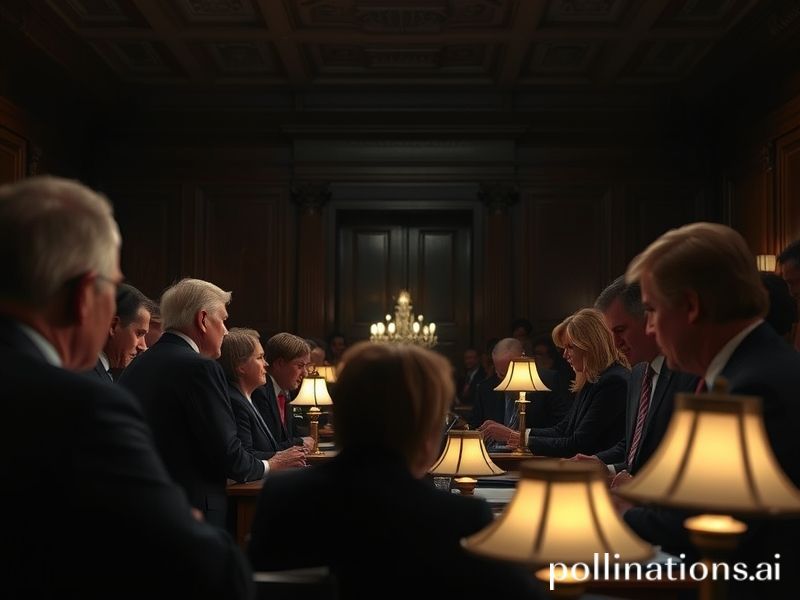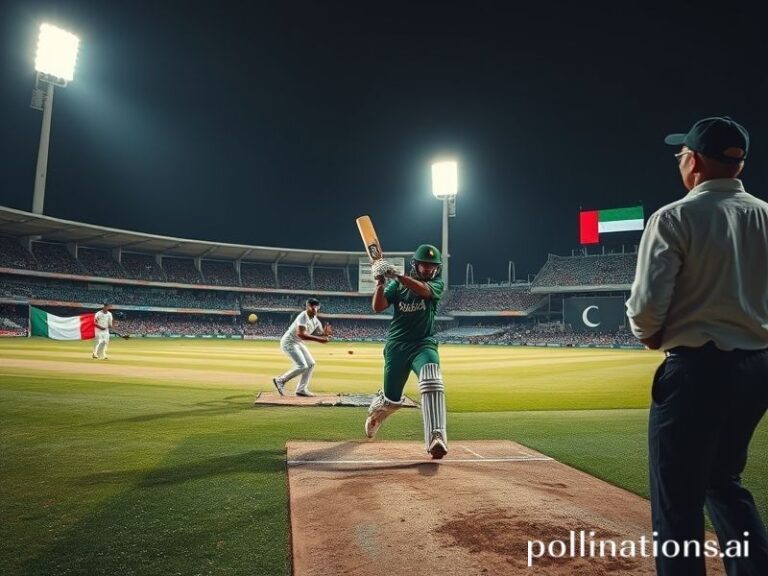Democrats and the Shutdown Showdown: Why the World’s Watching the U.S. Government Drama Unfold
# **Democrats and the Shutdown Showdown: Why the World’s Watching**
Ah, the U.S. government shutdown—it’s back, and so are the memes, the debates, and the collective eye-rolls from the internet. But this time, the spotlight is on the Democrats, and the world is watching. Why? Because this isn’t just another political standoff—it’s a cultural moment, a social media frenzy, and a lesson in how politics and internet culture collide. Let’s break it down.
### **The Cultural Context: A Shutdown for the Ages**
The U.S. government shutdown is nothing new—it’s happened 21 times since 1976. But this one feels different. Why? Because it’s playing out in real-time on Twitter, TikTok, and every other corner of the internet. The Democrats, led by figures like President Joe Biden and Speaker Nancy Pelosi, are at the center of the storm, and their every move is being dissected, memed, and debated globally.
The cultural significance here is huge. The shutdown isn’t just about politics—it’s about how information spreads, how narratives are shaped, and how the internet reacts to real-world events. It’s a masterclass in digital activism, viral moments, and the power of memes to influence public perception.
### **The Social Impact: Memes, Movements, and Misinformation**
The internet has turned the government shutdown into a spectacle. Memes about “Democrats causing chaos” and “Republicans holding the country hostage” are flooding social media. TikTokers are making satirical videos, Twitter is buzzing with hot takes, and even international audiences are chiming in with their own takes on the drama.
But beyond the memes, there’s a real social impact. The shutdown affects real people—government workers, small businesses, and everyday citizens who rely on services that are now on hold. The internet’s role here is twofold: it amplifies the voices of those affected, but it also spreads misinformation and partisan rhetoric.
### **Why This Topic Matters**
So, why should you care? Because this shutdown is a microcosm of the broader issues facing democracy in the digital age. It’s about how politics is no longer confined to the halls of Congress—it’s playing out in your Twitter feed, your TikTok “For You” page, and your group chats.
The Democrats’ role in this shutdown is significant because it highlights the challenges of governing in an era of hyper-polarization and instant gratification. The internet doesn’t wait for compromise—it demands immediate answers, quick fixes, and viral moments. And in this environment, the Democrats are navigating a delicate balance between policy and public perception.
### **The Global Angle: A Worldwide Audience**
The U.S. government shutdown isn’t just a domestic issue—it’s a global one. International audiences are watching, analyzing, and reacting to the drama unfolding in Washington. For some, it’s a cautionary tale about the dangers of political gridlock. For others, it’s a source of entertainment, a real-life soap opera playing out on their screens.
The global impact is undeniable. The U.S. is a superpower, and its political instability has ripple effects worldwide. Markets fluctuate, alliances are tested, and international relations are put under scrutiny. The internet’s role in amplifying these effects is crucial—it turns local politics into a global spectacle.
### **Conclusion: The Internet Never Sleeps, and Neither Does the Shutdown**
The Democrats and the government shutdown are trending globally because this is more than just a political standoff—it’s a cultural moment. It’s a lesson in how the internet shapes politics, how memes influence public opinion, and how real-world events become global spectacles.
As the shutdown drags on, one thing is clear: the internet isn’t going to let anyone forget it. Whether you’re a Democrat, a Republican, or just someone scrolling through your feed, this shutdown is a reminder that politics and internet culture are now inextricably linked. And in this digital age, the show must go on—even if the government can’t.
—







